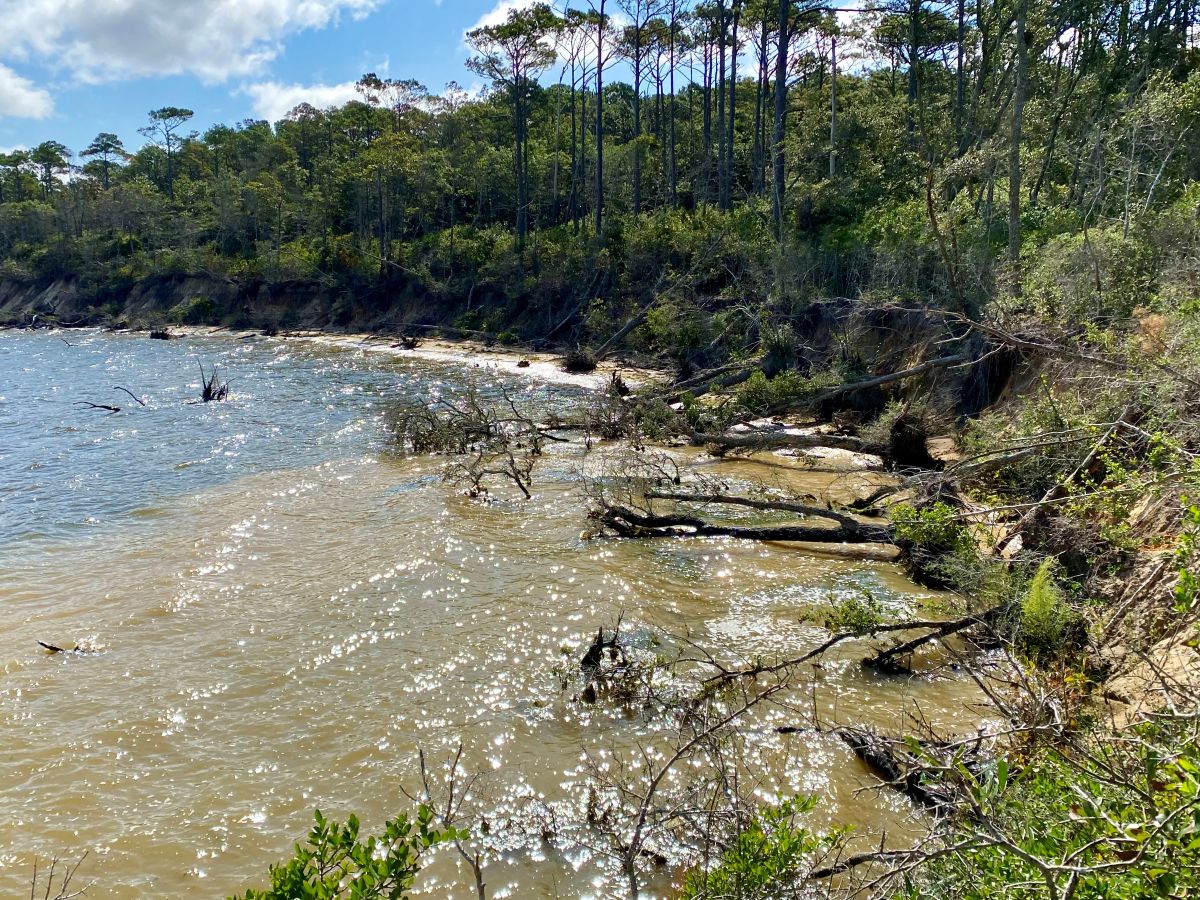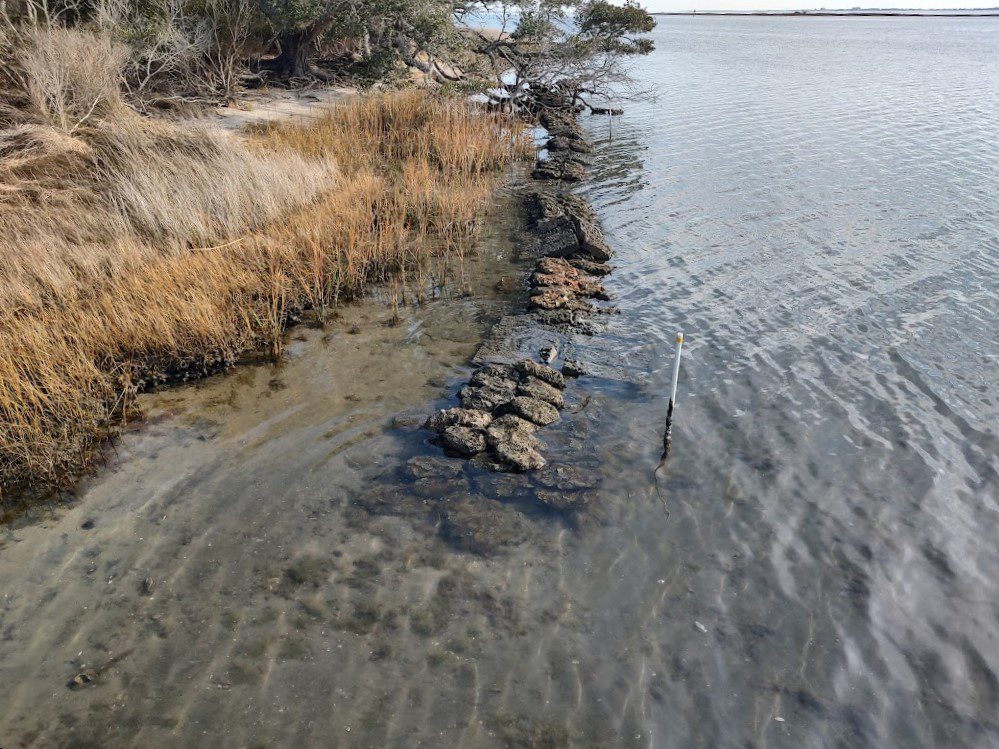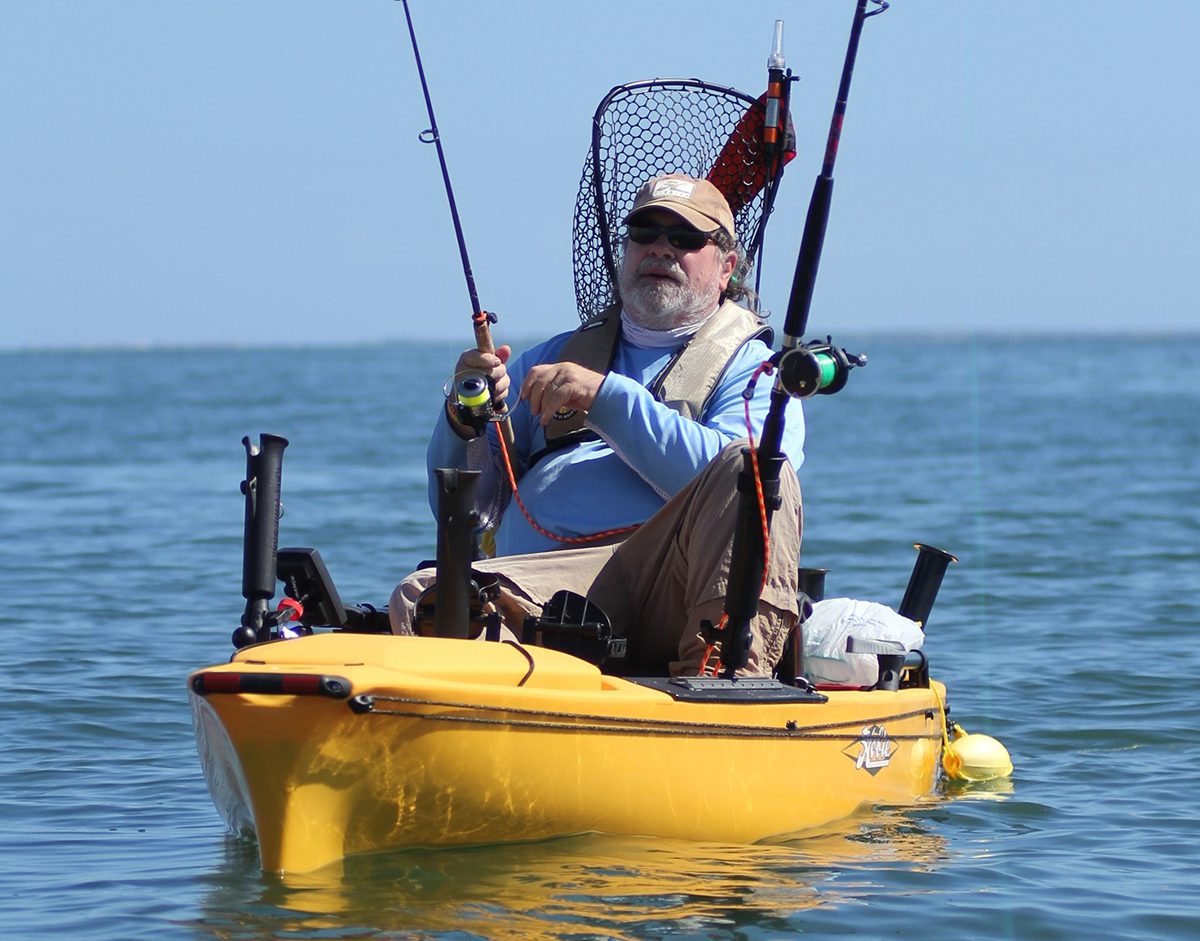
In any field, there are people whose accomplishments make them iconic. Kareem Abdul Jabbar or Marlon Brando might come to mind in their respective professions. Or you might think of presidents or captains of industry. On the coast of North Carolina, longtime outdoor writer and Brunswick County native Capt. Jerry Dilsaver counts as one of these people.
Dilsaver is a freelance writer for newspapers and outdoor magazines, and there’s a chance you have seen his articles in Kayak Angler Magazine, Southern Kayak Angler Magazine, TIDE Magazine, Waterway Guide, Coast Magazine or This Week Magazine. In addition, he manages the outdoor page in the State Port Pilot newspaper in Southport.
Supporter Spotlight
Dilsaver’s involvement with fishing and the water is a multigenerational affair starting with both his grandfathers, continuing through his father and to the present day. His grandfathers, David Fulcher and John Dilsaver, both moved to southeast North Carolina at the end of the 19th century. They worked on, in and around the water as shrimpers and commercial fishermen. Jerry Dilsaver’s father, Floyd Dilsaver, learned about fishing and shrimping early on.
“I grew up in a fishing family. My Dad was a shrimper and later became the manager for the shrimping company located in Southport,” he told Coastal Review.
John Dilsaver stayed active until late in his life, working as a shrimper until his final few years. Jerry Dilsaver counts his father as the primary influence in learning all there was to know about the water.
“My father and I fished together all the time,” he said.
Dilsaver’s father passed away in 1987 after many years living in Southport, which the younger Dilsaver still considers to be his hometown, even though he currently resides in Oak Island.
Supporter Spotlight
Dilsaver’s interests were always diverse.
“As a young man I raced motocross professionally for several years, promoted concerts, built nuclear power plants, guided duck and goose hunts and more,” he said.
He didn’t find his lane – and his life’s work — until he graduated from East Carolina University at the age of 33.
“I was a late bloomer, and after graduating from East Carolina, I became an outdoor writer and photographer.”
Dilsaver’s journalism career started with a now-defunct North Carolina-based outdoor magazine.
“My first staff job was in 1986 with Carolina Adventure Magazine, and I stayed there until 2002,” he said, adding that his departure was to join a bigger operation. “I began working for the Sportsman Magazine Group. I was on staff at North Carolina and South Carolina Sportsman Magazines and did occasional work for Louisiana and Mississippi Sportsman Magazines.”
The skill that most likely gave rise to Dilsaver’s career, setting him apart from a sea of fine outdoor writers and sharers of fishing reports and stories, was his real-world success in fishing. His list of tournament wins and first-place finishes in season-long fishing tournament tours may be impressive enough, but when you add that he was named Angler of the Year by the U.S. Anglers Association in 1998 and then elected to the Southern Kingfish Association Hall of Fame in 2007, then his stature becomes clearer.
So, when Dilsaver offers fishing advice, pay attention.
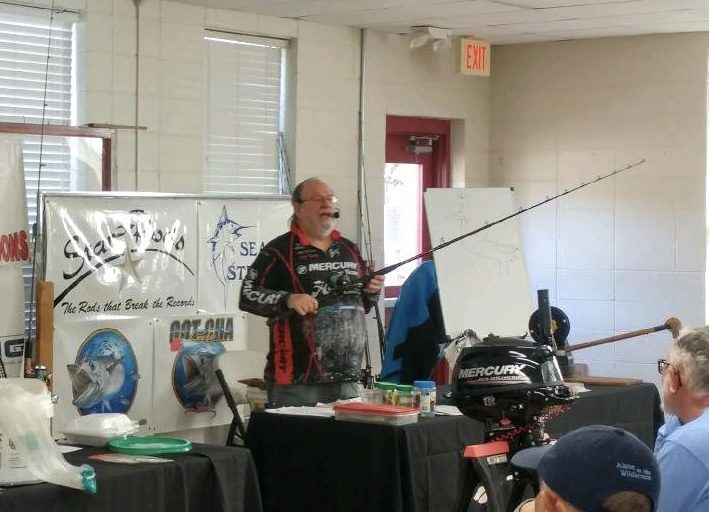
“The key to consistently scoring with fish is to not get lazy. Some fishermen get complacent and take shortcuts and this will turn into spooked fish, strikes not happening, gear breaking and such,” he offered.
Dilsaver also recommends knowing your equipment, understanding how it works and how to best use it.
“The way a person gets better at fishing is like anything else: practice, practice, practice. You can learn new things from a book, TV or a seminar, but they won’t work consistently for you until you have practiced enough that they become second nature.,” he said.
A recurring theme is that there is no substitute for time spent on the water. But Dilsaver notes that success isn’t necessarily measured in pounds and ounces.
“I consider having a good time as the most important part of a day on the water. This means leaving prepared, giving it your best and not letting your occasional mistakes or things you can’t control bother you,” Dilsaver said.
Further he said that while it’s nice to release a bunch of fish or invite a few home to be the guests of honor at dinner, the number and/or species of fish you catch shouldn’t be how you judge a fishing trip.
“I’ve had some great trips where we caught few or nothing.”
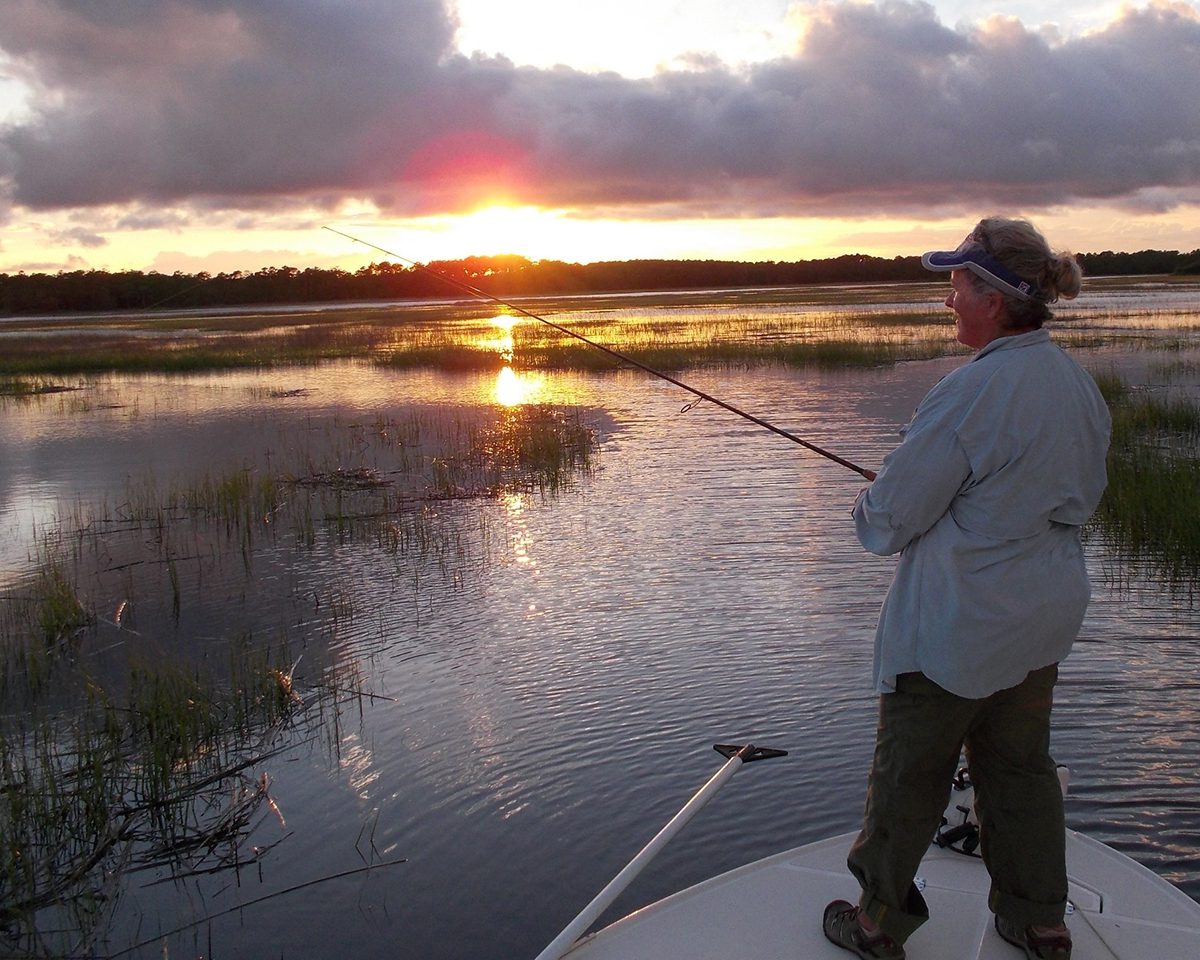
These days, Dilsaver has backed off from tournament fishing. He plans to participate in kayak tournaments close home, but the traveling tournament fishing lifestyle is something he’s not pursuing anymore.
“My fishing fleet has been downsized to a 16½-foot flats boat and several kayaks. I really enjoy kayak fishing and have even been known to take it into the nearshore ocean occasionally to fish for king mackerel,” he said.
Dilsaver has been taking the time to appreciate more subtle styles of fishing, including stalking tailing redfish with his wife, donna Mooneyhan.
“We are fortunate to live near some productive water and it’s easy to slip the boat in during the late afternoon while most are calling it a day and enjoy the serenity of an uncrowded marsh,” he said.
The Dilsavers enjoy the technical aspects of sight fishing.
“This isn’t just casting and retrieving, but involves spotting the fish and then moving to within casting range without spooking them.”
One bit of Dilsaver wisdom to remember every time we get near the water: “Fish will teach us new things almost daily.”




